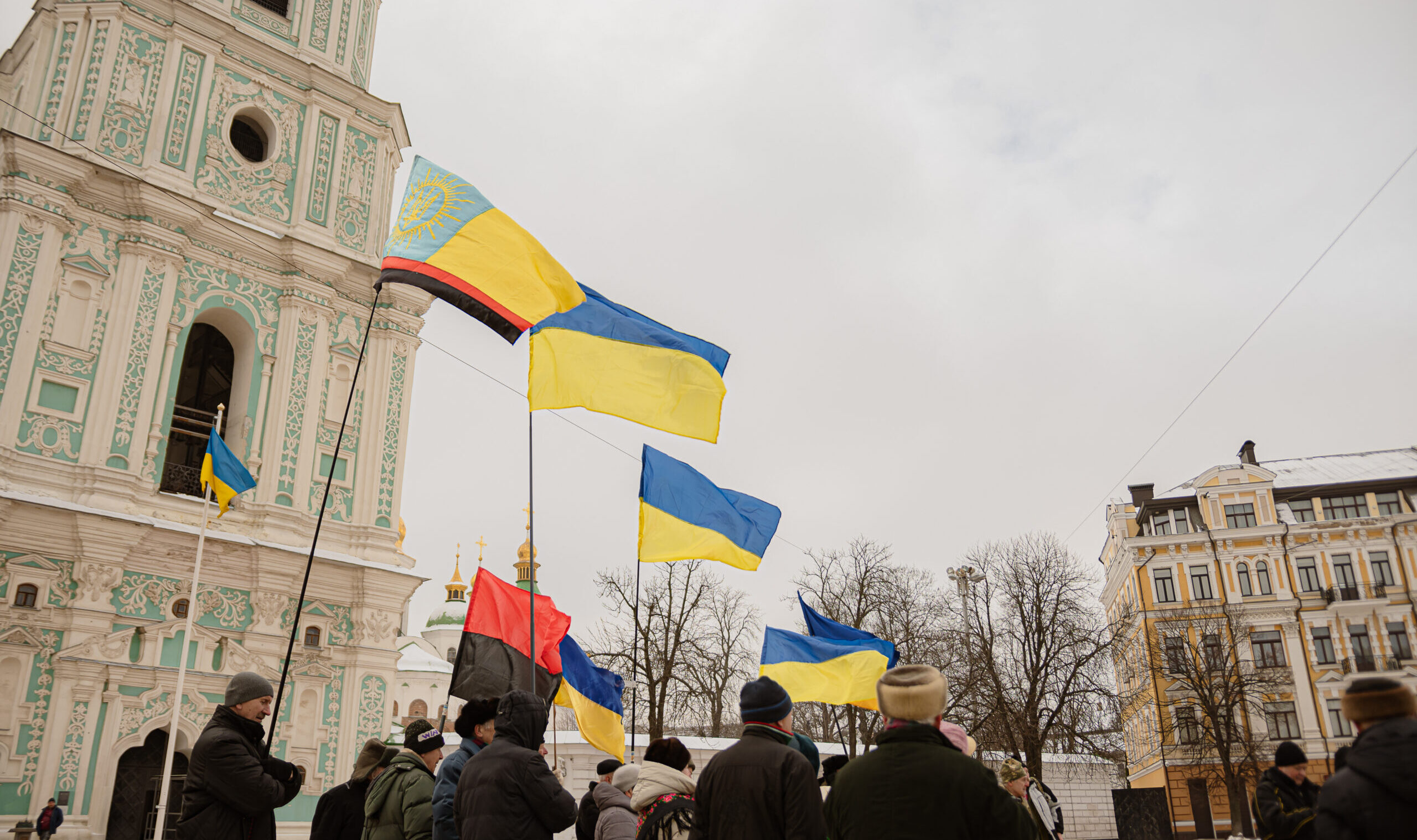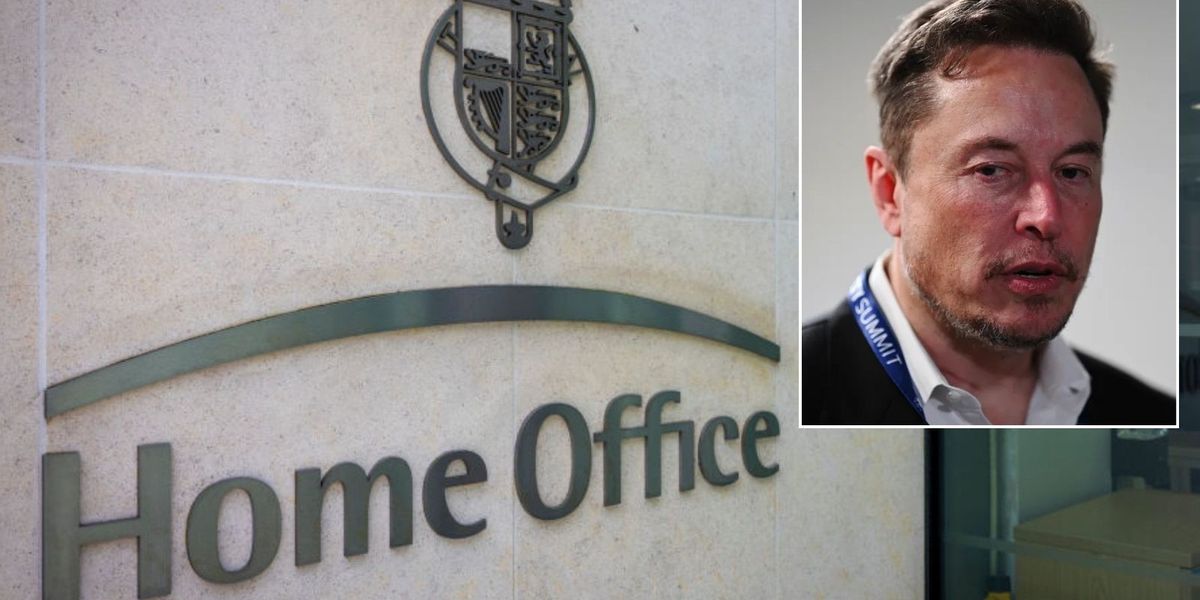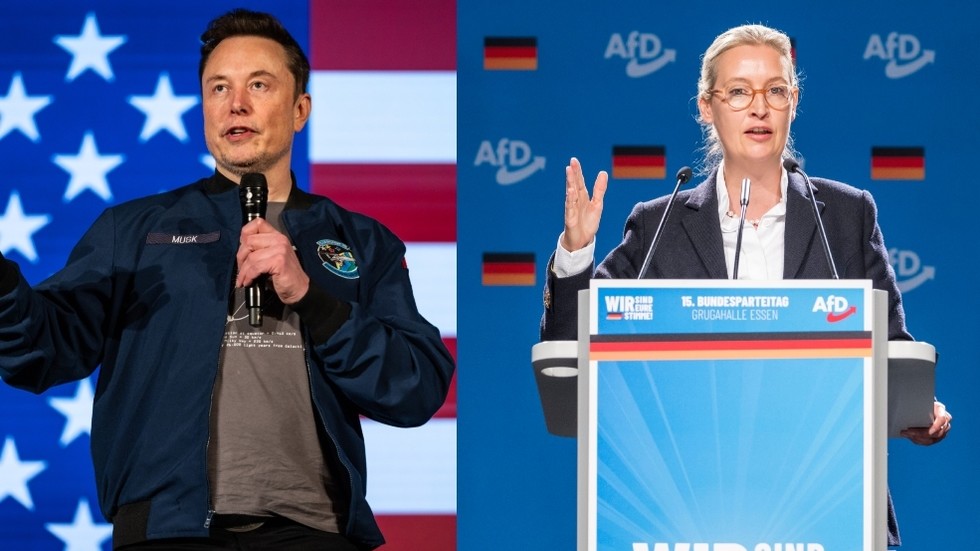Kenneth Schmidt honors Jean-Marie Le Pen, a fearless warrior for French nationalism, who stood unbent and unbroken through decades of struggle, defying betrayal, persecution, and defeat, to leave a legacy of courage and commitment to the nation and its destiny.
The fearless warrior who led the French National Front from 1972 to 2011 and as honorary president from 2011 to 2015 passed into the realm of history and legend on January 7th. From the time he was a young college student just after the war, when he sold copies of the Action Française’s newspaper in Paris, until his death, when he was the leader of a small party called the “Jeanne Committees,” he was a prominent leader in French nationalism and during his time with the National Front dominated the nationalist scene in that country.
Jean-Marie Le Pen was born in 1928 in Brittany. After hawking monarchist papers on the streets, he became a student of political science and law and formed a little group to engage in street brawls with communists. After receiving his law degree, he volunteered to serve as an officer in the Foreign Legion. He briefly served in Indochina post-Dien Bien Phu and was then sent to the war in Algeria. In 1956, he was sent to Suez during the unpleasantness there, but didn’t see any fighting. After returning to France, he was elected to the National Assembly under the banner of the Poujadist UDCA party. He was only 27 years old. He had a falling out with Pierre Poujade in 1957, but he ran for and won a seat under the rubric of CNIP, a right-wing farmers’ party. Later, he returned to active duty to serve again, briefly in Algeria, this time as an intelligence officer.
After his military service, he returned to the political world. In 1962, he lost his seat in the Assembly. Eventually, he would become the campaign manager of Jean-Louis Tixier-Vignancour (known as T.V.), the nation’s most prominent right-wing figure of his day, for French president, in 1965. T.V. didn’t win, but did better than many expected.
By 1972, Le Pen had become a seasoned political leader and founded the National Front, a political party. In the 1973 elections, the party got a mere 0.5% of the vote. It wasn’t until the 1980s that the party started its fairly steady rise in the polls. 1986 was a banner year because the Front picked up 35 Assembly seats. From 1986 to 1988, he served again in the Assembly. Le Pen got elected to a municipal post in Paris from 1983 to 1989. From 1983 to 2019, he was a member of the European Parliament. In 2002, he ran for president of France, like he often did, and came in second place, entitling him to be in the runoff, but he was defeated by socialist Jacques Chirac.
In 2011, getting older, he turned over leadership of the party to his daughter, Marine. Until 2015, he remained honorary president of the party until his own daughter expelled him from the party for making an extremely vague negative reference to the Holocaust. It wasn’t even a statement of denial. His daughter’s cruel action has, frankly, left a bad taste in my mouth. Jean-Marie didn’t give up on politics, but stayed in the news by making public statements as the leader of two small political parties, Blue, White and Red Rally and the aforementioned Jeanne Committees. The latter is part of Roberto Fiore’s Alliance for Peace and Freedom. As his age crept up to the nineties, he became less active, but he kept busy as a member of the European Parliament until 2019.
Jean-Marie Le Pen, throughout his life, never shed his image of the tough man of action. He was often dragged before the court system for saying “politically incorrect” things, illegal under French law, but the persecution never bothered him. He was never a man to mince words or engage in half-hearted rhetoric. Even when betrayed by his own daughter, he took it all rather philosophically and pushed on, working until sidelined by age and debility.
Anyone who’s been a nationalist activist is familiar with the phenomenon of comrades leaving the battlefield for various reasons. Some just retreat into normal life or “make their peace with the system.” Jean-Marie Le Pen was a man who never gave up. One might agree or disagree with Le Pen’s approach or tactics, but he dedicated himself to the cause 100% and he never gave up. His life and example can be an inspiration to all of us.









